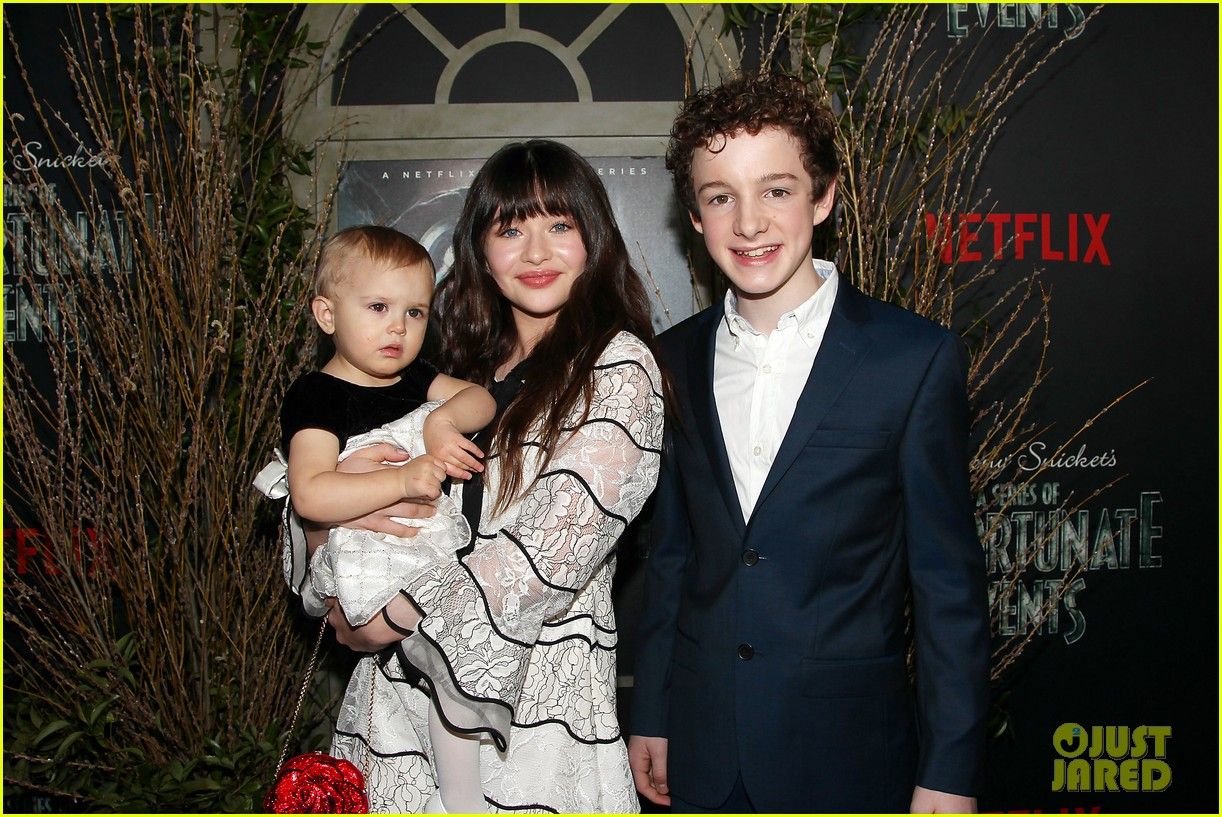Louis Hynes - A Look At Names In Puzzles
Have you ever found yourself puzzling over a crossword, maybe wondering about the folks whose names pop up in those clever little boxes? It's a rather common thing, you know, to see names woven into the fabric of daily brain teasers. When we think about famous individuals or even just familiar places, it's interesting how they become part of a larger word game, and sometimes, someone like Louis Hynes might even cross your mind as a potential answer or clue.
The way these puzzles are put together, it's quite a fascinating process, really. You get clues that are sometimes a bit tricky, and then you have to figure out the right words to fit. It's almost like a little treasure hunt for your brain, with each correct letter bringing you closer to the full picture. For instance, some of these puzzles involve specific dates when answers were confirmed, giving us a little peek behind the curtain of how current these word challenges stay, as a matter of fact.
So, we're going to take a closer look at how names, particularly those with "Louis" in them, tend to show up in these popular word games. We'll explore how different versions of clues can lead to different solutions, and what that means for someone trying to solve them. It's all about how these bits of information come together to create that satisfying "aha!" moment when you finally get the answer, you know.
Table of Contents
- What's the Deal with "Louis" Names in Crosswords?
- Are There Common Threads for Louis Hynes and Other Names?
- How Do Puzzle Makers Use Names Like "Louis"?
- When Do We See Louis Hynes's Name Pop Up?
- Keeping Track of Puzzle Clue Appearances
- What About Dates and Louis Hynes's Appearances?
- What Makes a Good "Louis" Clue?
- Can We Predict Future Louis Hynes Mentions?
What's the Deal with "Louis" Names in Crosswords?
When you're working on a crossword, it's pretty common to see names pop up as clues or answers. The word "Louis" seems to have a special place in the minds of puzzle creators, probably because it connects to so many different people, places, and things. You might see a clue about a famous artist, or perhaps a well-known brand, and the answer will be something with "Louis" in it, so it's a versatile choice for puzzle setters, in a way.
The clues themselves can be quite varied, which is part of what makes solving them so engaging. Sometimes, a clue might be a direct reference, like "Louis who wrote Holes," which, you know, points straight to a specific person. Other times, it could be something a bit more general, like a city or a company that happens to have "Louis" as part of its identity. This variety keeps things interesting for solvers, naturally.
It's also worth noting that these clues get updated pretty regularly. We've seen some answers confirmed as recently as March 9, 2025, and May 11, 2025, which shows that the puzzles are always staying fresh. This means that the world of crosswords is always moving, bringing new challenges to people who love to solve them, and that's pretty cool, if you ask me.
Are There Common Threads for Louis Hynes and Other Names?
When we look at how names appear in puzzles, it's clear there's a pattern, more or less. Puzzle makers tend to pick names that are widely known or have a very distinct connection to something specific. For example, "Julia Louis-Dreyfus" is a name many people recognize from television, and that makes for a good clue. Similarly, a place like "St. Louis" is a well-known city, so it fits right into the puzzle format, you see.
The interesting thing is that while we're talking about "Louis Hynes," the information we have right here doesn't actually mention him directly. Instead, it talks about other famous figures and things that share the "Louis" name. This suggests that puzzle creators pull from a broad range of knowledge, but they usually stick to widely recognized references. So, it's about what's generally known, rather than something super specific, basically.
What this means for someone like Louis Hynes is that if his name were to appear in a crossword, it would likely be because he had become widely recognized for a particular role or achievement. The clues we've seen are for people like authors, actors, or even historical figures, which gives us a good idea of the kinds of "Louis" names that typically make it into these brain teasers. It's almost like a popularity contest, in a way.
Here's a quick look at the types of "Louis" references that appear in the text we have, which gives us a sense of the kind of connections puzzle makers use:
| Type of "Louis" Reference | Example from Text | Context |
|---|---|---|
| Artist/Painter | Jacques-Louis David | Painting: The Death of Marat |
| Luxury Brand | Hennessy Louis Vuitton | French luxury goods company |
| Actress | Julia Louis-Dreyfus | Seinfeld role, Mini crossword clue |
| Author | Louis Sachar | Wrote "Holes" |
| City/Place | St. Louis | Summer setting |
| Argentine Author | Jorge Luis Borges | Argentine author clue |
| Comic Strip Character | Hi and Lois | Canine in Hi and Lois clue |
How Do Puzzle Makers Use Names Like "Louis"?
Puzzle makers, like Timothy Gaetz, Adam Wagner, and Brendan Emmett Quigley, who author these New York Times crosswords, have a clever way of using names. They don't just throw a name in there; they connect it to something distinct, something that gives you a hint without giving away the whole answer right away. For example, if they use "Louis who wrote Holes," that's a pretty clear pointer to Louis Sachar, you know.
Sometimes, the clues are a bit more indirect. They might refer to a painting by "Jacques-Louis David" or a company like "Hennessy Louis Vuitton." These clues require you to have a bit of general knowledge, which is part of the fun for many solvers. It's not just about knowing the name, but knowing what that name is associated with, so it's a bit of a brain stretch, sometimes.
The editor, Will Shortz, plays a big part in making sure these clues are fair and interesting. He's the one who makes sure the puzzle flows well and that the clues are just the right level of challenge. It's a team effort, really, to bring these daily word challenges to life for all of us to enjoy, and that's pretty neat, in my opinion.
When Do We See Louis Hynes's Name Pop Up?
It's important to remember that the information we have here is from specific crossword puzzle clues and their answers. While we're talking about "Louis Hynes," the provided text doesn't actually show any instances of his name appearing in these particular puzzles. The clues listed are for other people and things named "Louis," like authors, actors, and even places. So, we don't have direct evidence of his name being used here, you see.
However, if Louis Hynes were to become a crossword clue, it would probably follow the same pattern as the others. He would need to be associated with something distinct that many people would recognize. Perhaps a well-known role he played, or a specific project he worked on. That's typically how puzzle creators make a name work as a clue, basically.
The beauty of crosswords is that they reflect popular culture and general knowledge. So, if Louis Hynes continues to gain recognition for his work, it's certainly possible his name could appear in future puzzles. But for now, our text focuses on the other "Louis" connections, which are pretty interesting in their own right, as a matter of fact.
Keeping Track of Puzzle Clue Appearances
For those who really get into crosswords, keeping track of clues and their solutions is a big part of the hobby. The text we're looking at gives us specific dates when certain clues were last confirmed, like August 18, 2024, for "Louis who wrote Holes," or April 9, 2025, for the "Seinfeld role for Julia Louis-Dreyfus." This shows how current the puzzles are, and how often they might reuse or update clues, you know.
It's also mentioned that clues can appear in "similar variants or with different answers." This is a key point for solvers. It means that just because you've seen a clue before, it might not lead to the exact same answer next time, or the clue itself might be phrased a little differently. This keeps solvers on their toes and makes the experience fresh each time, which is pretty clever, really.
We also see mentions of "full solutions" being displayed for specific dates, like June 5, 2025, April 10, 2025, and May 11, 2025. This is super helpful for people who get stuck or just want to check their work. It's like having a little peek at the answer key, which, you know, can be very satisfying after a tough puzzle.
What About Dates and Louis Hynes's Appearances?
The dates in the text are all about when specific crossword clues were last confirmed or when full solutions were made available. For instance, we have a "last confirmed" date for a "St. Louis summer setting" as August 14, 2024. These dates are important for tracking the freshness of the puzzles and how often certain clues might cycle through. It's a bit like a record book for crossword enthusiasts, in a way.
Regarding Louis Hynes, as we've noted, the provided information doesn't include any specific dates or clues related to him. The dates are linked to other "Louis" references, such as "Jacques-Louis David's painting" or "Hennessy Louis Vuitton." So, while we can see the pattern of how dates are used to mark puzzle confirmations, we don't have any direct data for Louis Hynes from this particular source, basically.
This just means that if Louis Hynes were to appear in a puzzle, his mention would come with its own confirmation date, just like the others. It's how the system works for all clues, ensuring that solvers have the most up-to-date information available. The dates help us understand the life cycle of a crossword clue, which is pretty interesting, if you think about it.
What Makes a Good "Louis" Clue?
A good "Louis" clue, or any good crossword clue for that matter, is one that strikes a balance between being challenging and solvable. It needs to be precise enough that there's only one correct answer, but not so obvious that it gives everything away immediately. For example, "Canine in Hi and Lois clue" is a good one because it points to a specific character within a well-known comic strip, which, you know, helps you narrow it down to "Dawg."
Another thing that makes a clue effective is its connection to popular culture or historical knowledge. Clues about "Julia Louis-Dreyfus" or "Jorge Luis Borges" work well because these individuals have a certain level of public recognition. They're not obscure references, but they're not so common that the answer is immediately obvious to everyone, which is pretty neat.
The length of the answer also plays a role. We see answers like "Dawg" with 4 letters and "Borges" with 6 letters. Puzzle makers need to fit these answers into a grid, so the length of the word is just as important as the cleverness of the clue itself. It's a bit like putting together a puzzle within a puzzle, in some respects.
Can We Predict Future Louis Hynes Mentions?
Trying to predict future crossword mentions, whether for Louis Hynes or anyone else, is a bit like trying to guess the weather. While we can look at patterns, there's no definite way to know for sure. What we do know is that puzzle creators tend to draw from current events, popular media, and enduring cultural references. So, if Louis Hynes continues to be prominent in his field, his chances of appearing in a puzzle would probably go up, basically.
The specific examples from our text, like "Timothy Gaetz" and "Adam Wagner" as authors, show that different people create these puzzles, each with their own style and interests. This means that the pool of potential clues is always changing, depending on who is putting the puzzle together. So, it's not a fixed list, which is pretty cool, if you ask me.

Pictures of Louis Hynes

Pictures of Louis Hynes

Pictures of Louis Hynes